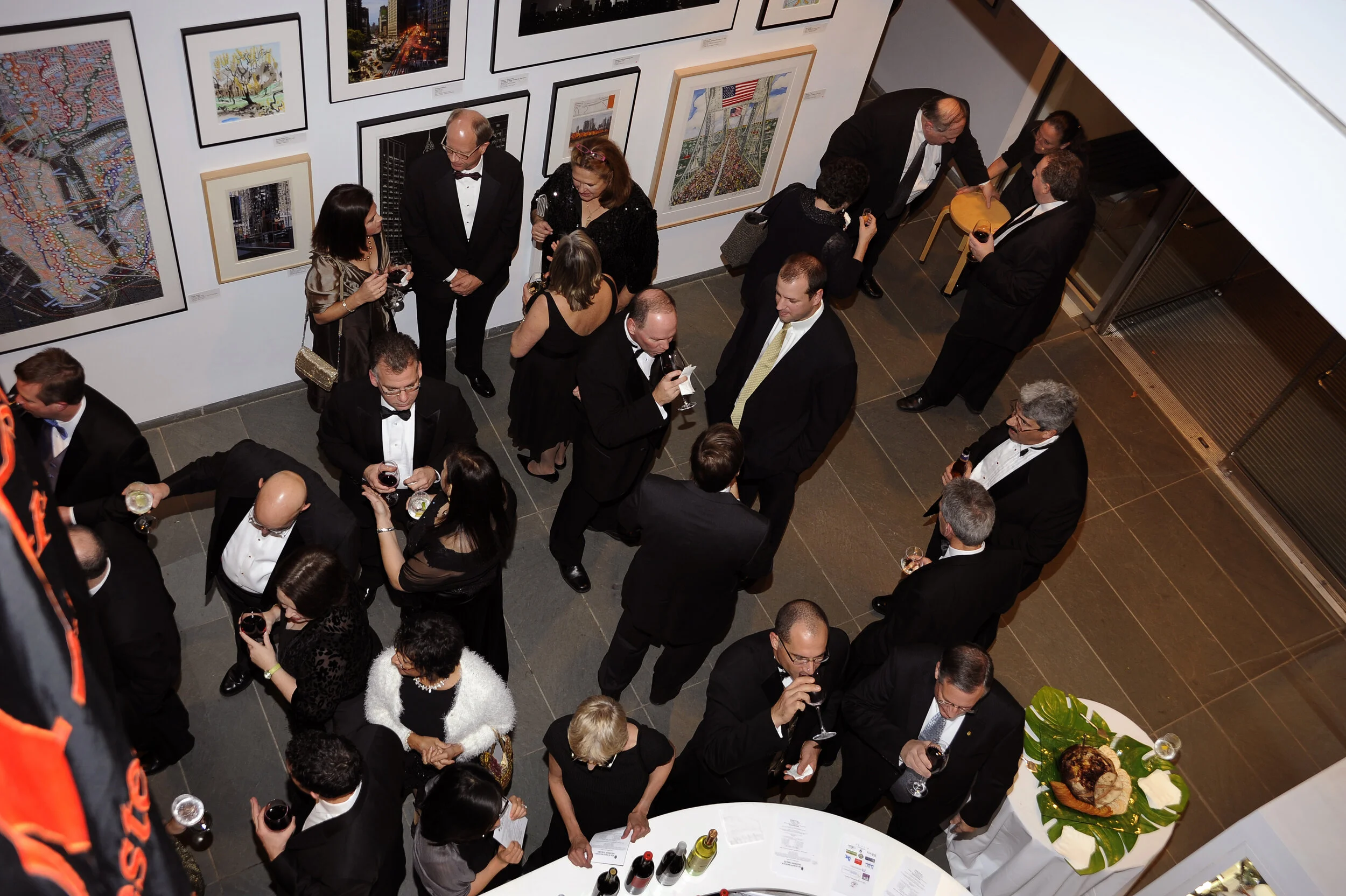What is Adaptive Reuse?
The process of repurposing a building or place for a new use and modern function, other than those originally intended. Reuse allows for a building's continued use and helps it remain a viable community asset. While adaptive reuse is most often associated with the preservation of historically or architecturally significant buildings in a community, it also can provide renewed vitality to any buildings that may be underused, abandoned, vacant, dilapidated, or functionally obsolete.
Conference Schedule:
11:00 am – Registration & Lunch
11:30 am - Keynote Speaker
Panel Discussions:
12:15 pm – Navigating Zoning Regulations
1:30 pm - Adaptive Reuse Case Studies
3:00 pm – Funding: Making the Vision a Reality
4:00 pm – Happy Hour & Networking
Panel 1: 12:15 pm Navigating Zoning Regulations - Moderator: Bill Fioravanti
Discussion on various ways that zoning codes can be updated to meet the needs of the 21st Century. Promote new uses, greater diversity of uses, accessory dwelling units and other context sensitive zoning changes to provide more opportunities for reuse and infill development. Regulatory Constraints: Existing structures may pre-date zoning, building permit, and other local development regulations and thus their rehabilitation to meet modern requirements can be challenging. For example, zoning may limit uses and restrict possible reuse opportunities, or require variances. Off-street parking may be difficult for an existing older building to meet. Learn how form-based codes are essentially different from conventional land use regulation and how they have evolved to solve many of the problems created by conventional zoning.
Panelists:
John Cappello - Land Use Attorney at Jacobowitz and Gubits, LLP
Alexandra Church, AICP - Director of Planning and Development for the City of Newburgh
Eric Pierson - Senior Research Planner at Hudson Valley Pattern for Progress
Panel 2: 1:30 pm Adaptive Reuse Case Studies - Moderator: Matthew Milnamow
Successful adaptive reuse projects can maximize the potentials for existing buildings to both redefine themselves and their context, while honoring history. This session will explore several case studies throughout the Hudson Valley from many different perspectives. Discussions will include the good, the bad, and the ugly aspects of an Adaptive Reuse project. Each speaker will discuss advantages and limitations. It will also be discussed how Adaptive Reuse is a great tool for economic development.
Panelists:
Mary Lou Carolan, Executive Director of the Newburgh Free Library
Sims Foster, Co-Founder of Foster Supply Hospitality
Lisa Kravellas, Owner & CEO of Cedar Lakes Estate
Michael Sweeton, Supervisor of the Town of Warwick
Scott Tillitt, Founder of BEAHIVE
Sal Vasipolli, Owner of Catalyst Construction Group
Panel 3: 3:00 pm Funding: Making the Vision a Reality - Moderator: Bill Fioravanti
There are a variety of funding sources available for Adaptive Reuse projects. This panel will discuss how to secure funding sources such as: Municipal-Level Funding; State-Level Funding; National-Level Funding; tax credits, Pilots (payments in lieu of taxes) or city and state grants.
Panelists:
Joseph DeStefano, Mayor of the City of Middletown
James Kostenblatt, Mid-Hudson Deputy Director at Empire State Development
4:00-5:00pm Happy Hour & Networking







